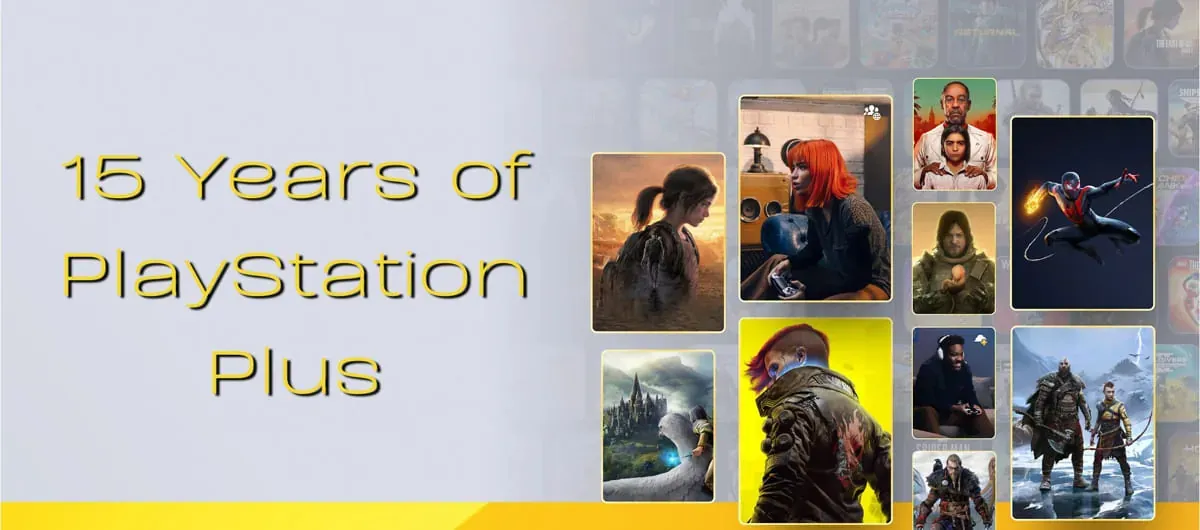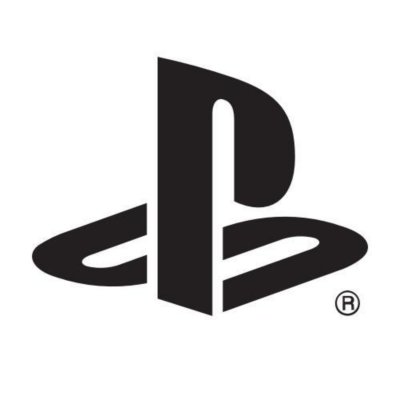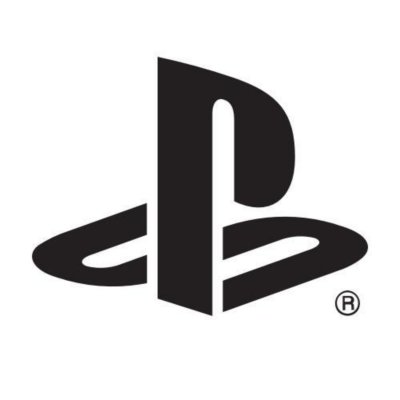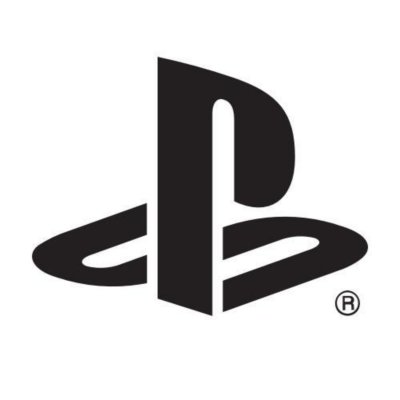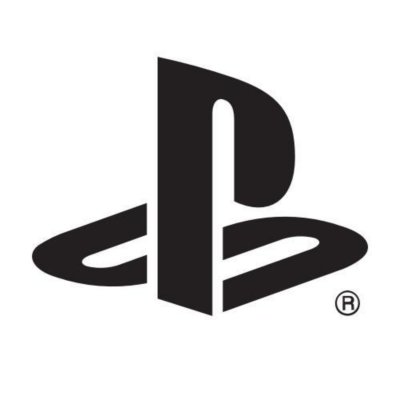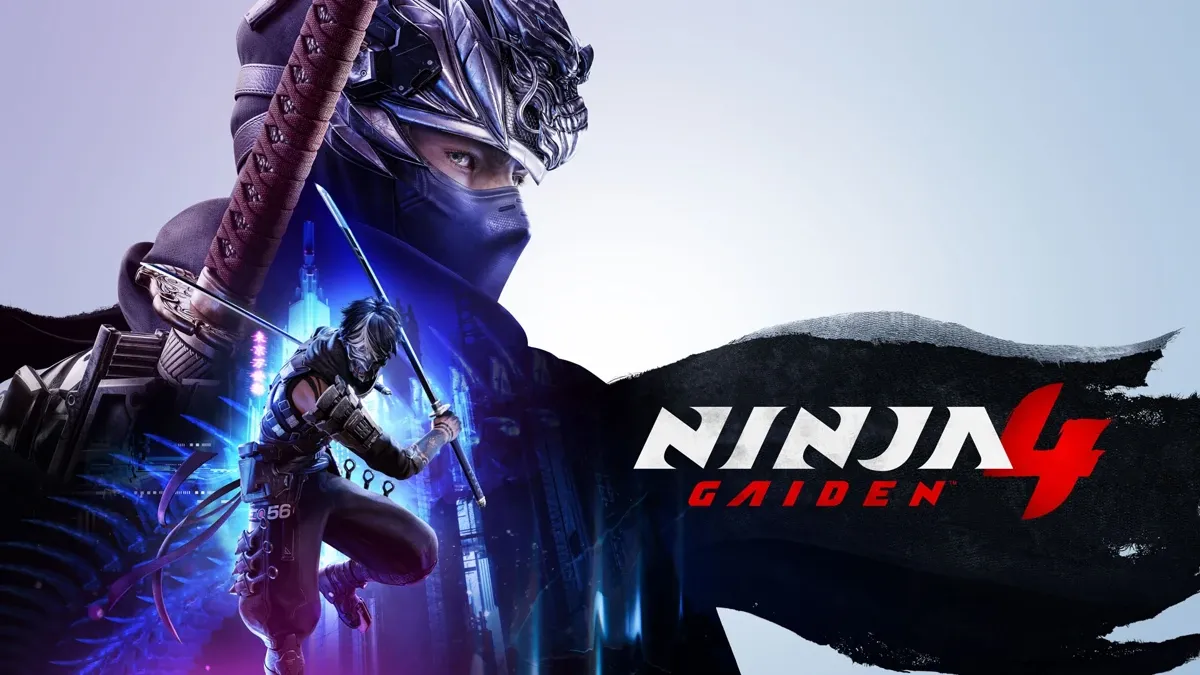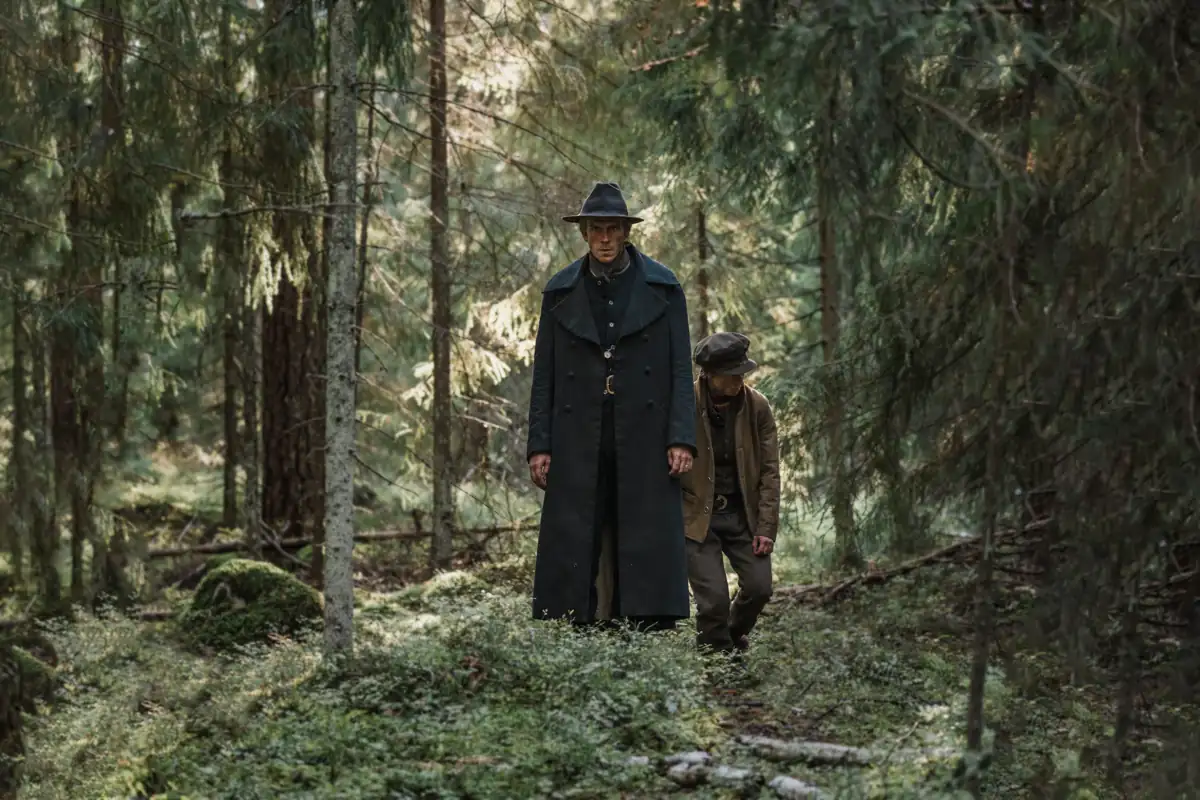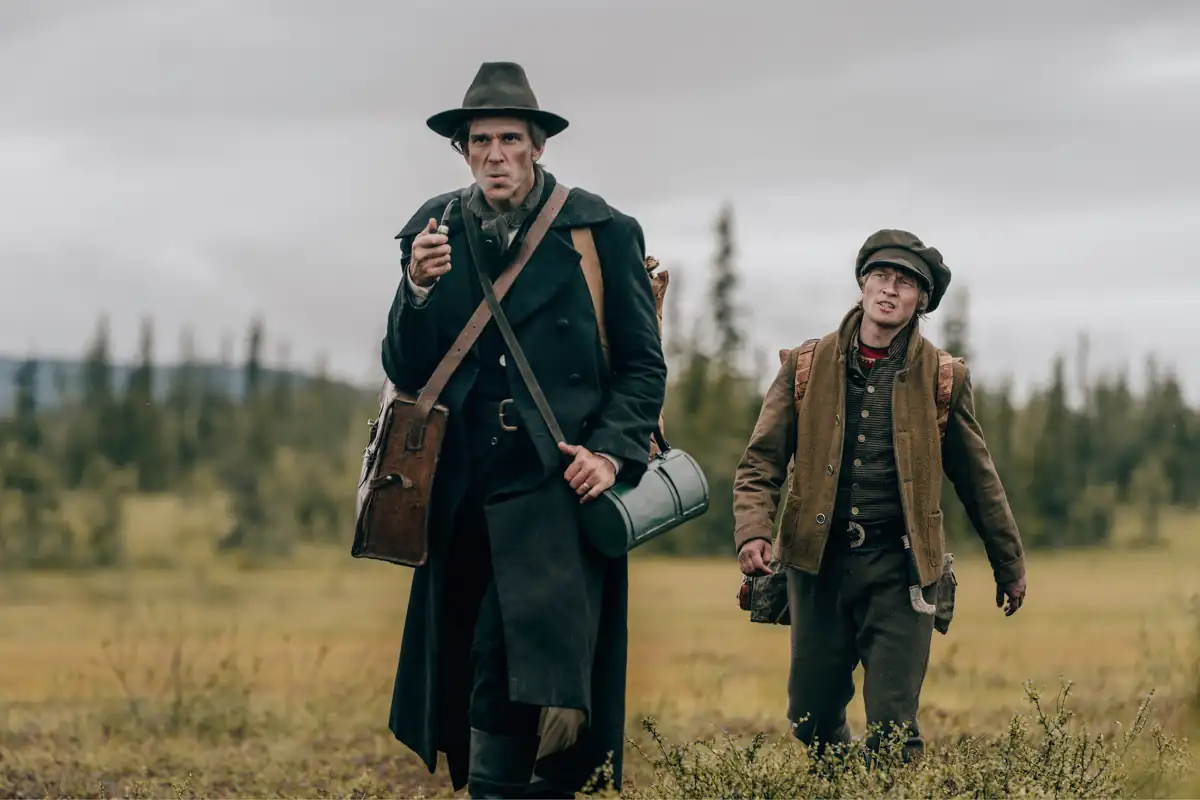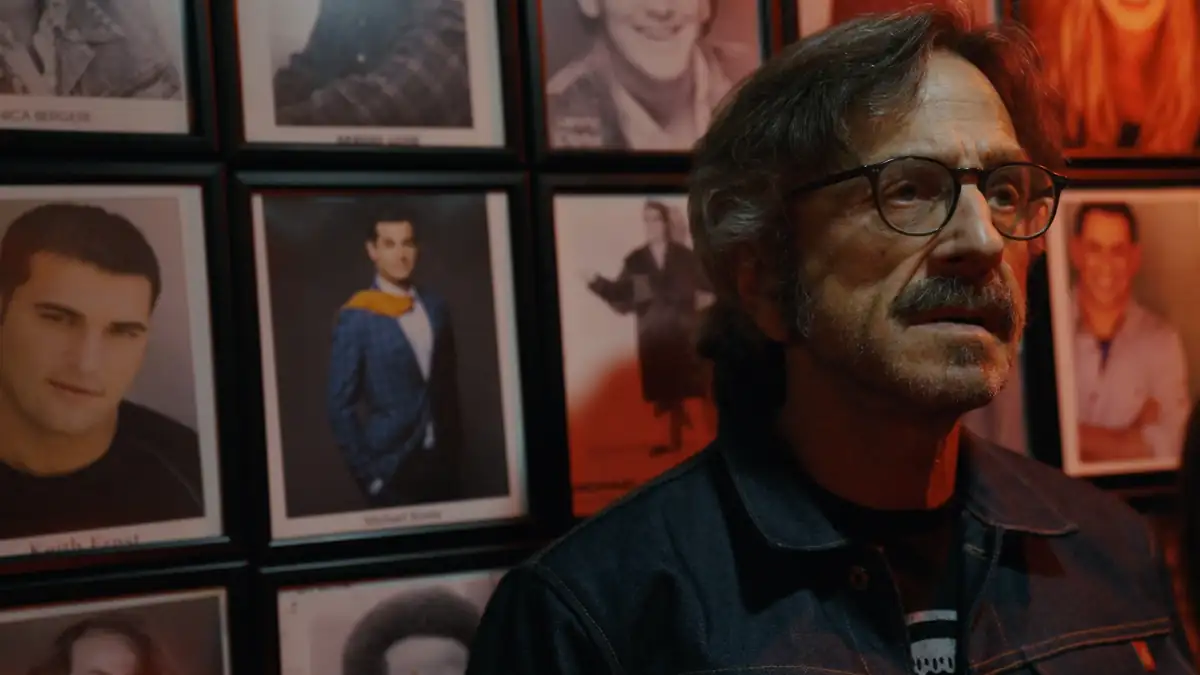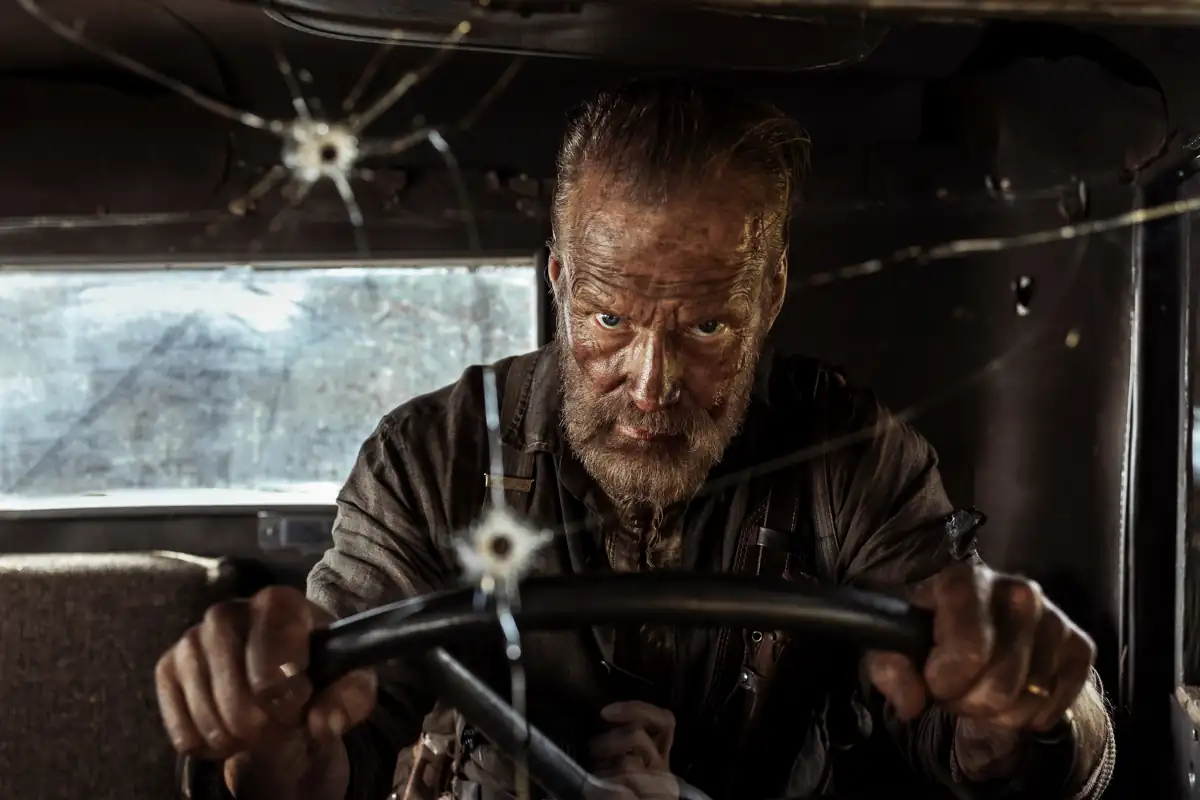When PlayStation Plus arrived on the scene, the gaming world was a vastly different kind of place. While both Xbox Live and the PSN (PlayStation Network) had offered online services, including gamertags, multiplayer, and achievements, for years prior, 2010 saw the dramatic shift into a more competitive landscape where both began to entice players with free games and discounts – if you subscribed to their exclusive services.
Enter the PlayStation Plus, which celebrated its 15th anniversary at the end of July. Sony was kind enough to give me a subscription to test out the Premium Tier, their most expensive in the lineup, and see how the platform has changed over time.
Full disclosure: I'm not a PS Plus subscriber on my own. I don't play online on the console, and I either buy or receive review copies to almost every game that I want to get. I'm supremely lucky and priviliged in this regard, and my situation is very much not the same as most.
So I wanted to approach the PS Plus from a bang for the buck viewpoint. Today, the highest tier available sets you back over 150 Euros per year, and there's already talk of that price going up at the start of 2026. That's a huge ask from anyone in this economy, so it's only natural to wonder if you're actually getting enough to warrant that kind of investment.
Below, I've gone over the different tiers, the monthly perks, and thrown in a selection of my favorites from the decent – if sadly limited – classics library, which shows that Sony is still at least trying to maintain some preservation of their own history online.
Price and membership options
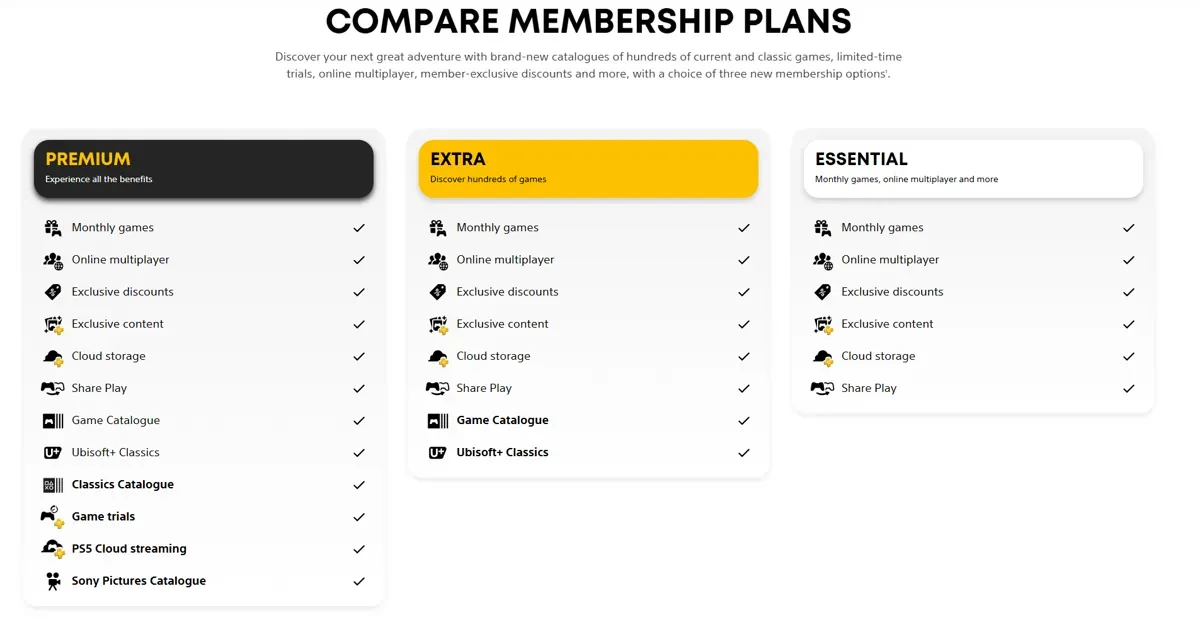
The PlayStation Plus service comes in three tiers, with the essential being the cheapest and the premium the most expensive. All share a monthly game selection, access to online multiplayer, and cloud storage as their main perks.
For the essential tier, you only get a selection of the monthly games that remain yours as long as you maintain a subscription. The premium tier, by comparison, includes an active library of hundreds of titles that are available (and in active rotation) to download and play as long as you have a subscription.
The premium tier also comes with access to the Ubisoft+ Classics and Classics catalogues, which feature a wealth of older titles from the French company and Sony's exclusives from past decades. Premium subscribers get access to the Sony Pictures Catalogue called Sony Pictures Core and gain the ability to stream their PS5 cloud library to another device like a smartphone.
Game Catalogue
The big selling point for the premium tier is Sony's extensive game catalogue, which features a rotating selection of the latest mainstream titles – including new AAA releases – that are free to play with a subscription.
Some titles, like the superlative Uncharted Collection, remain in the catalogue as definitive PlayStation titles.
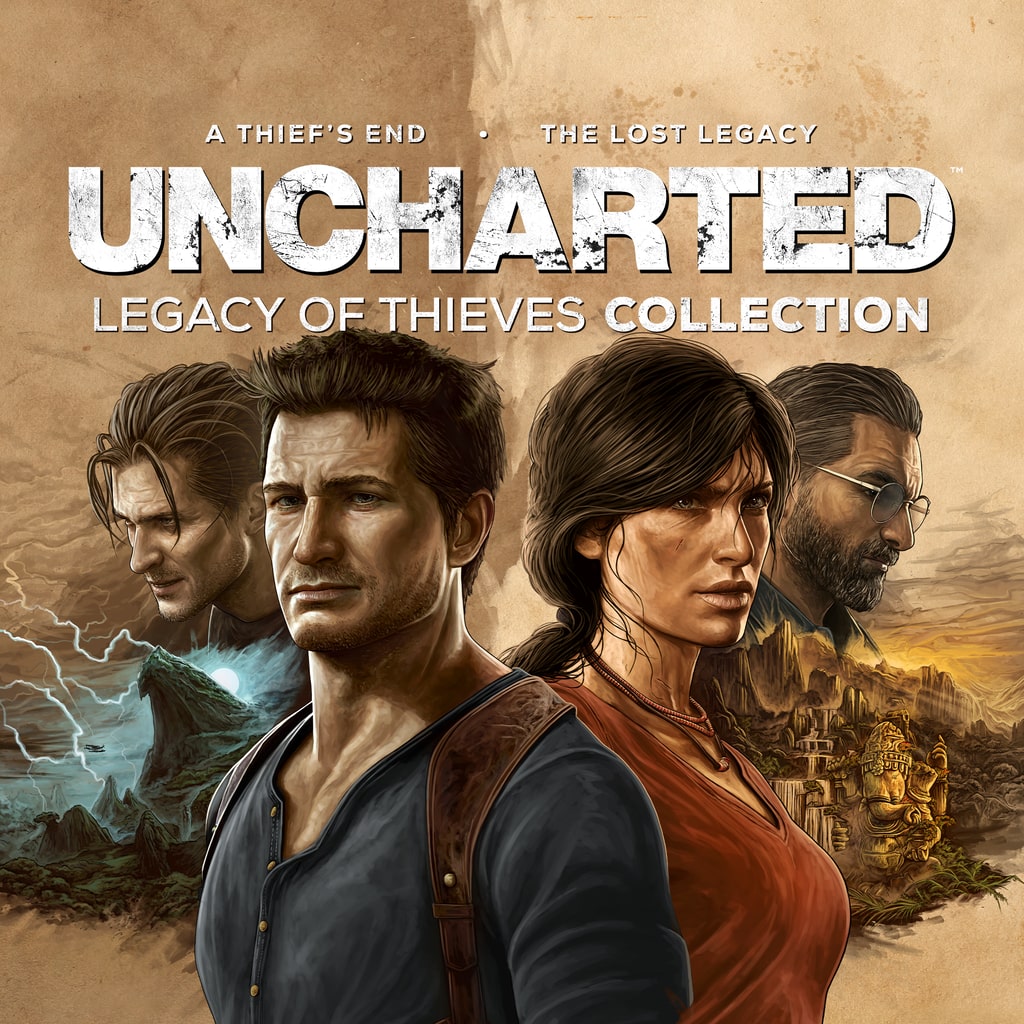
Alongside Uncharted, other favorites include Final Fantasy VII Remake:
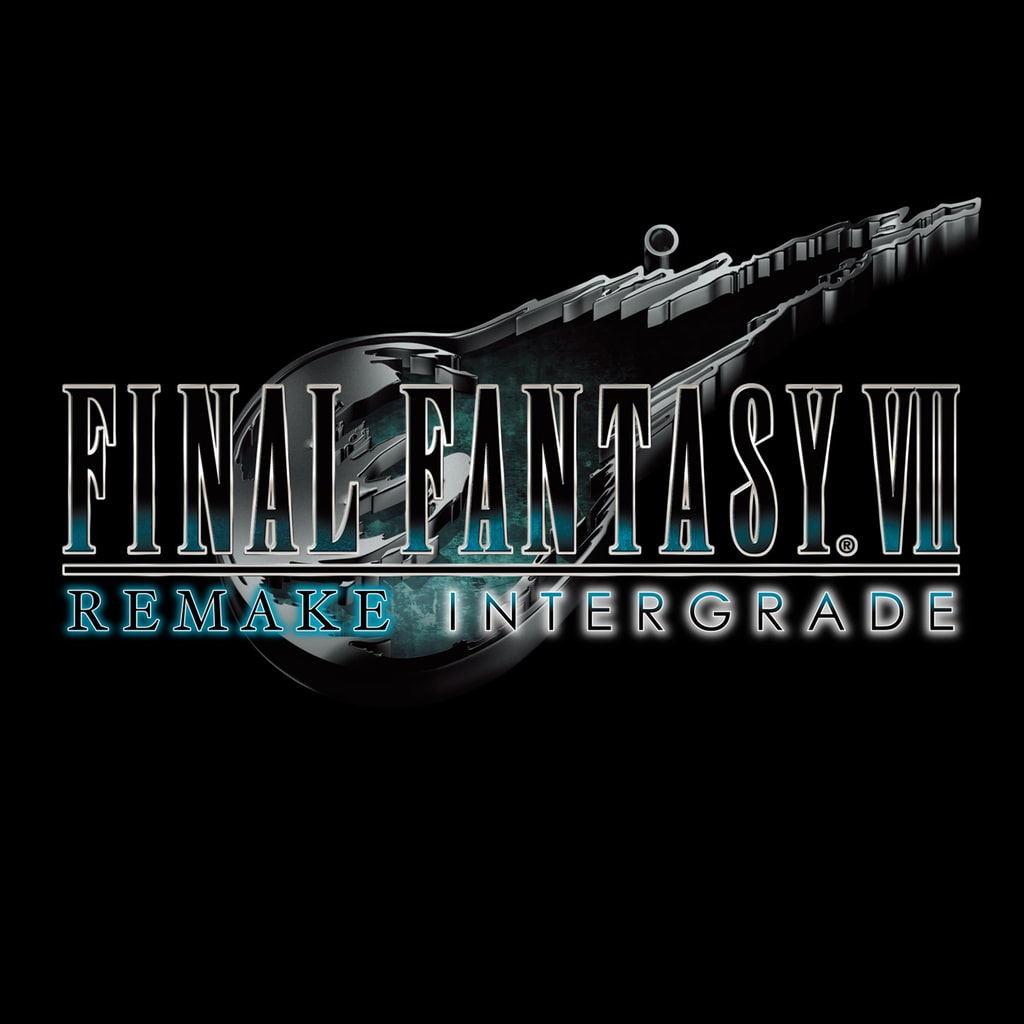
Ghost of Tsushima:
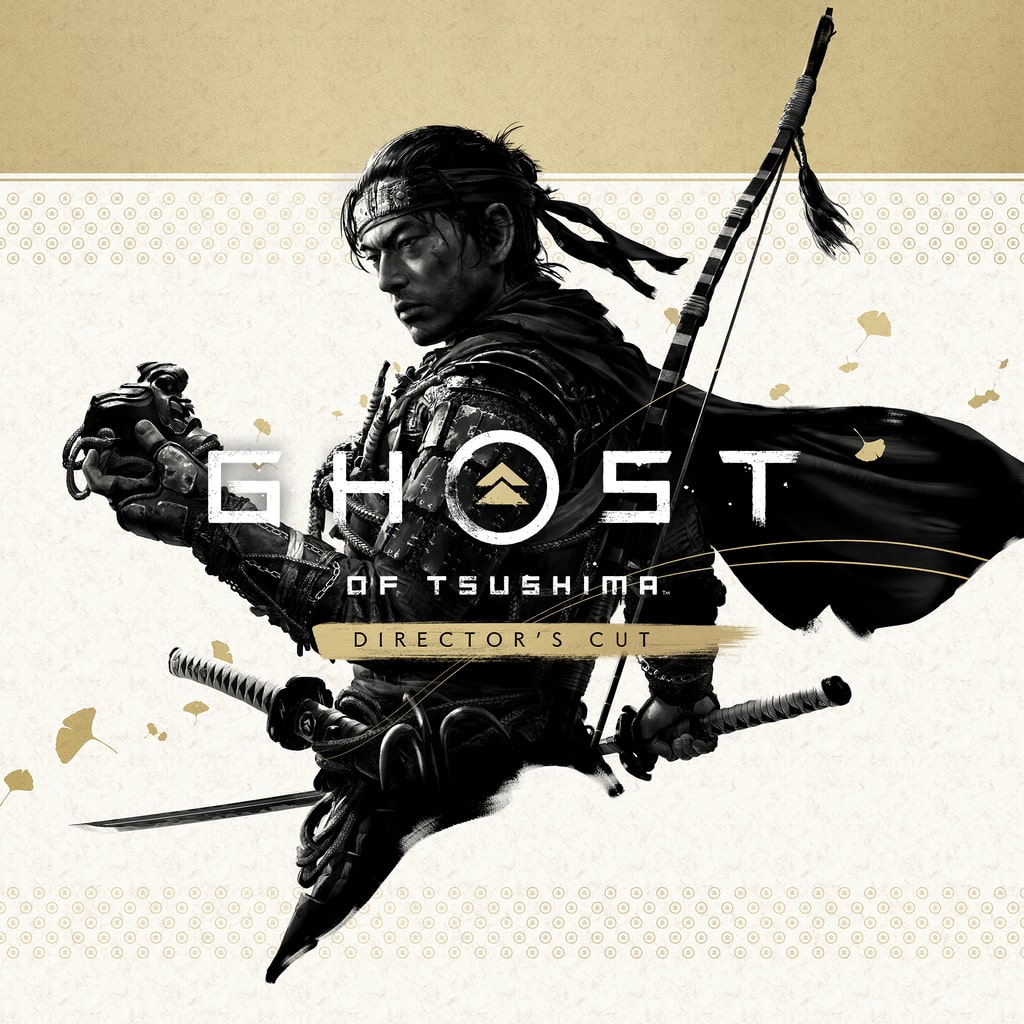
And Disco Elysium:
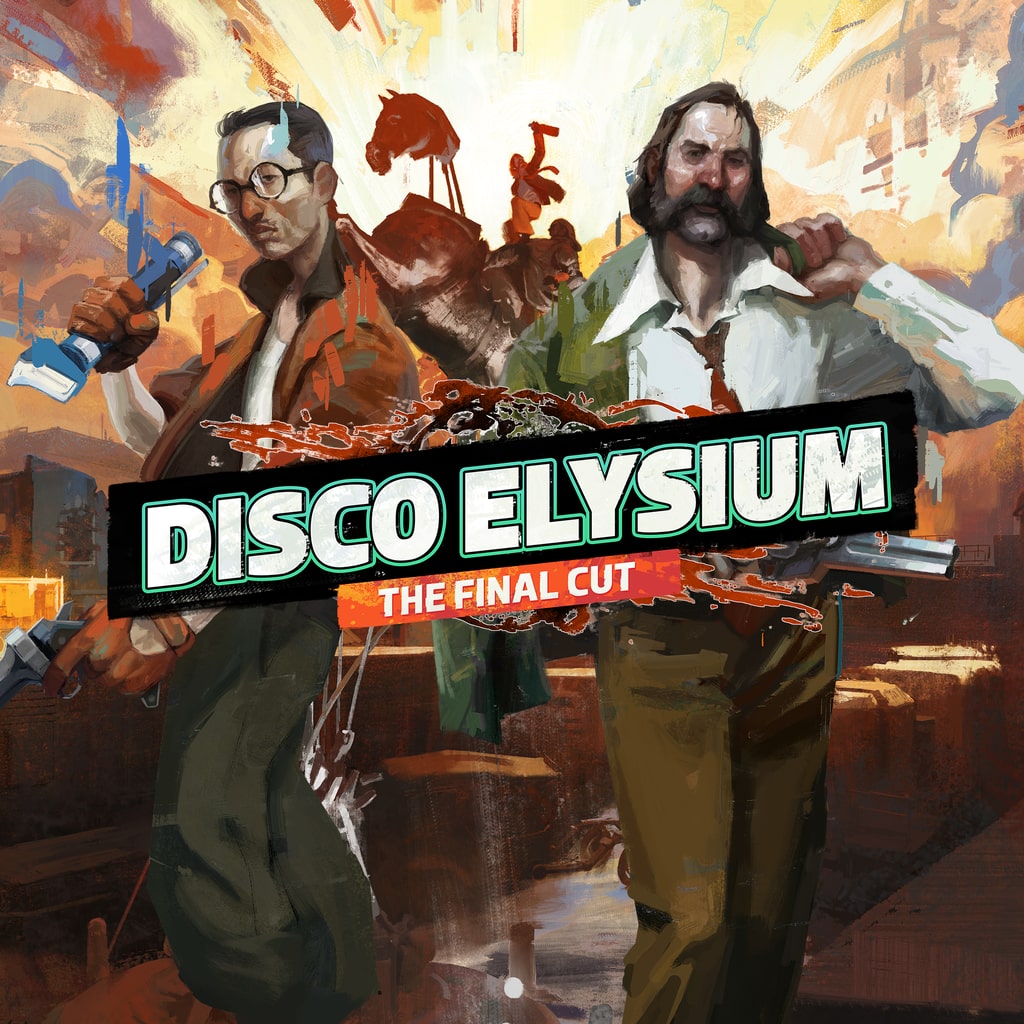
For those just getting into the PlayStation 5 ecosystem, just the entry-level digital library selection is more than enough reason to subscribe, at least for the first year. There is more than enough good stuff just in the recent classics department alone to keep you busy for a good long while.
On top of that, the monthly additions are mostly impressive. The PlayStation Plus subscription gives you the ability to test out AAA releases for trial periods before purchase, plus access to arthouse hits like Sword of the Sea, launched on day one in the service.
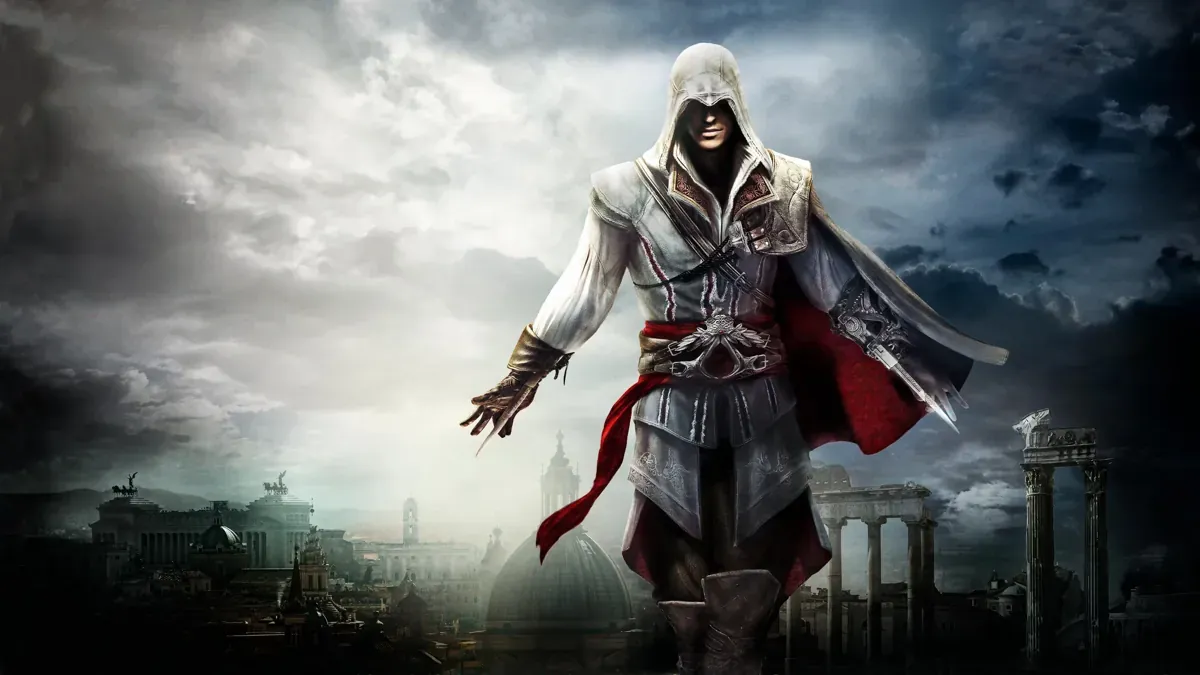
Apart from the main games library, Premium tier subscribers get access to the Ubisoft+ Classics, which has a whole roster of franchises like Assassin's Creed and Far Cry to pick from. Each of them is easily a mammoth undertaking, so if they're something you enjoy, their inclusion is also a massive perk for the price.
I tested out a couple Ubisoft titles (Assassin's Creed Black Flag and Far Cry 5), and both download directly to the SSD and work just as smoothly as if I had purchased them digitally through the store. The entire experience was mostly smooth, though Ubisoft does demand you sign in with their account on top of the PSN login, which is a pain.
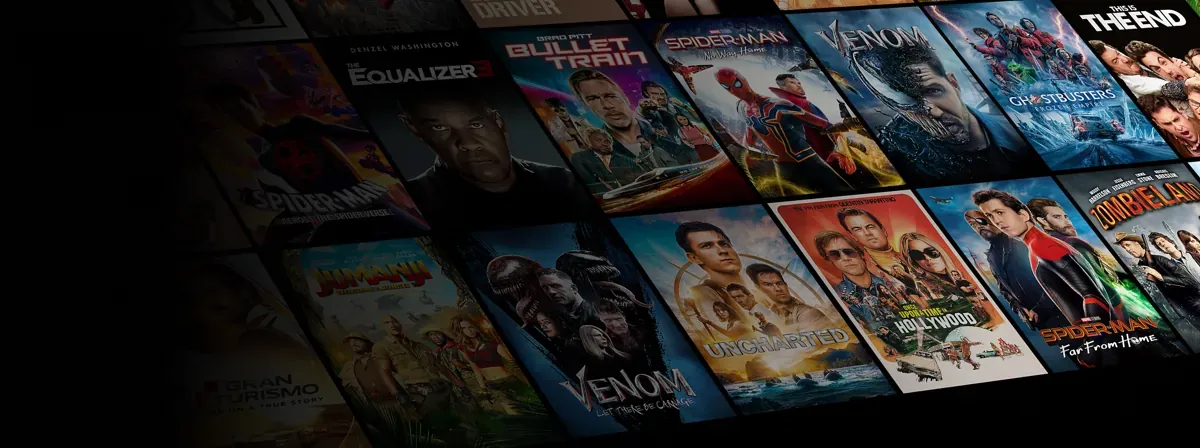
Finally, there's the Sony Pictures Core, which features around 100 titles to stream exclusively from the Sony library. This is nowhere near a competitor to any streaming service, but more of a nice perk if you're absolutely fiending for Sony's lineup in particular. The streaming titles are fine, though I found the interface stuttering and surprisingly unintuitive to use.
Once you actually get a movie going, it's smooth sailing and image quality was just fine. On top of the 100 streamable titles, Sony offers a wealth of rented titles, including new films from their lineup as they arrive on digital platforms.
It's not going to replace your other streaming services, but the Sony Pictures Core is a nice enough addition that it's hard to really complain about it. In theory, I could do without it if the price reflected the omission, but something tells me that won't ever be a thing.
There is also a selection of Crunchyroll anime that goes along with the Sony Pictures Core, though I found the selection here limited as well. Though, again, it's a nice enough bonus that complaining feels like overkill.
PS One
One area where the PS Plus service really shines is in classic titles and retro reproductions. From incredible visual enchancements (like replicating the CRT experience for full fidelity) to the ability to save whenever or turning off combat for easier gameplay experience, Sony has done a fantastic job in bringing older titles to present day.
Here are some of my favorites from each generation to help you get started:
Dino Crisis
A spin-off from the Resident Evil series, Dino Crisis never saw the same kind of success as its zombie brethren, but it has a strong and devout fanbase to this day. The first game is the best one, featuring still some amazing animations in the dinosaurs and incredibly tense sequences where you try to outgun and outsmart the predators on a remote island.
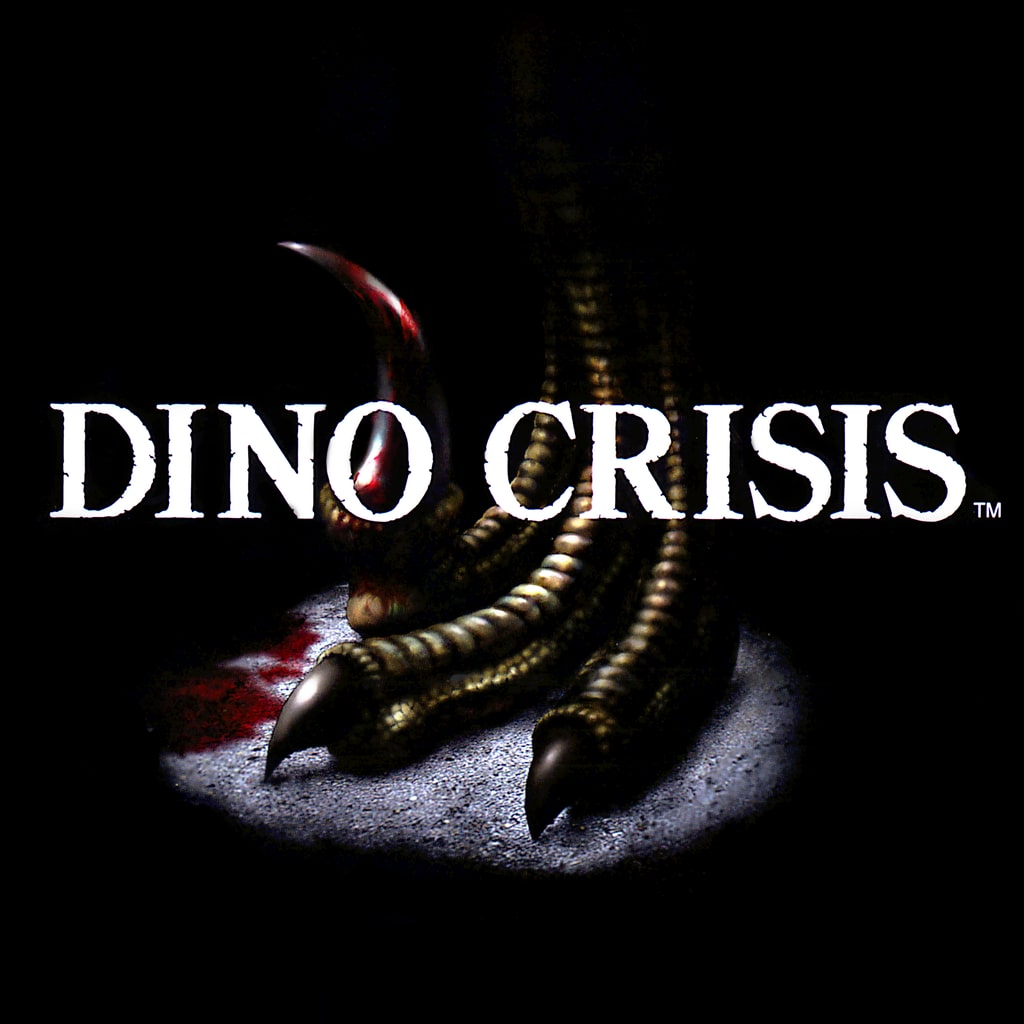
Grandia
Another cult classic, this one came out in direct competition to Final Fantasy, which rightfully dominated the PlayStation 1 and 2 eras. Even so, Grandia gave Square Enix's superb franchise a run for the money, with fantastic characters, an imaginative world, and a terrific soundtrack that still slaps to this day. The original game suffers from some crazy difficulty spikes, including a possibility to hard lock the game because of it, so it's wonderful that Sony has included numerous quality of life updates to this release.
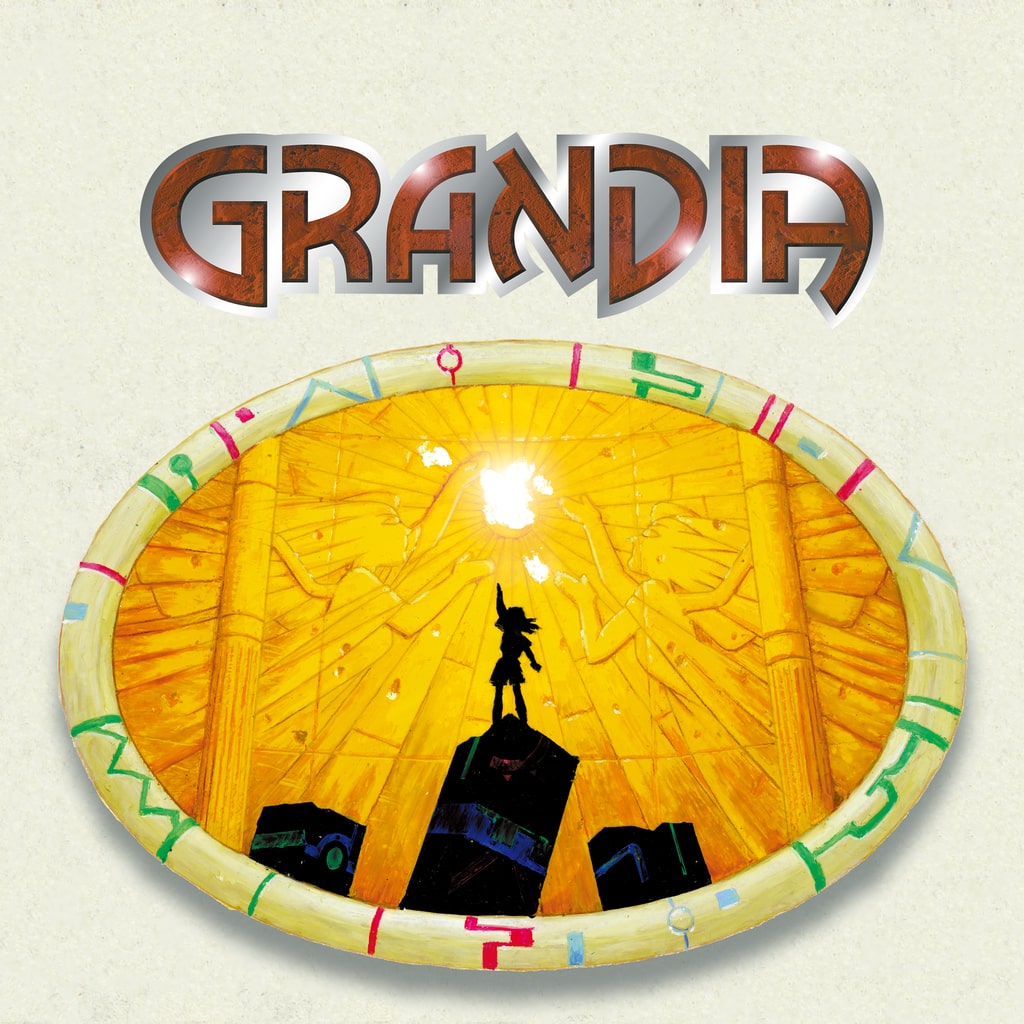
Ridge Racer Type 4
Now more remembered by the memes from the disastrous E3 presentation, Ridge Racer Type 4 is nevertheless a classic in every sense of the word. When everyone else went wild for the realism offered by Gran Turismo, Ridge Racer Type 4 went the opposite way to deliver a story-driven and anime-influenced experience that is just as captivating today as it was 30 years ago. The tracks are great, the cars feel fast, and the story is surprisingly gripping as you rise through the ranks of numerous garages, each with their own drama, to be become the best racer in the world.
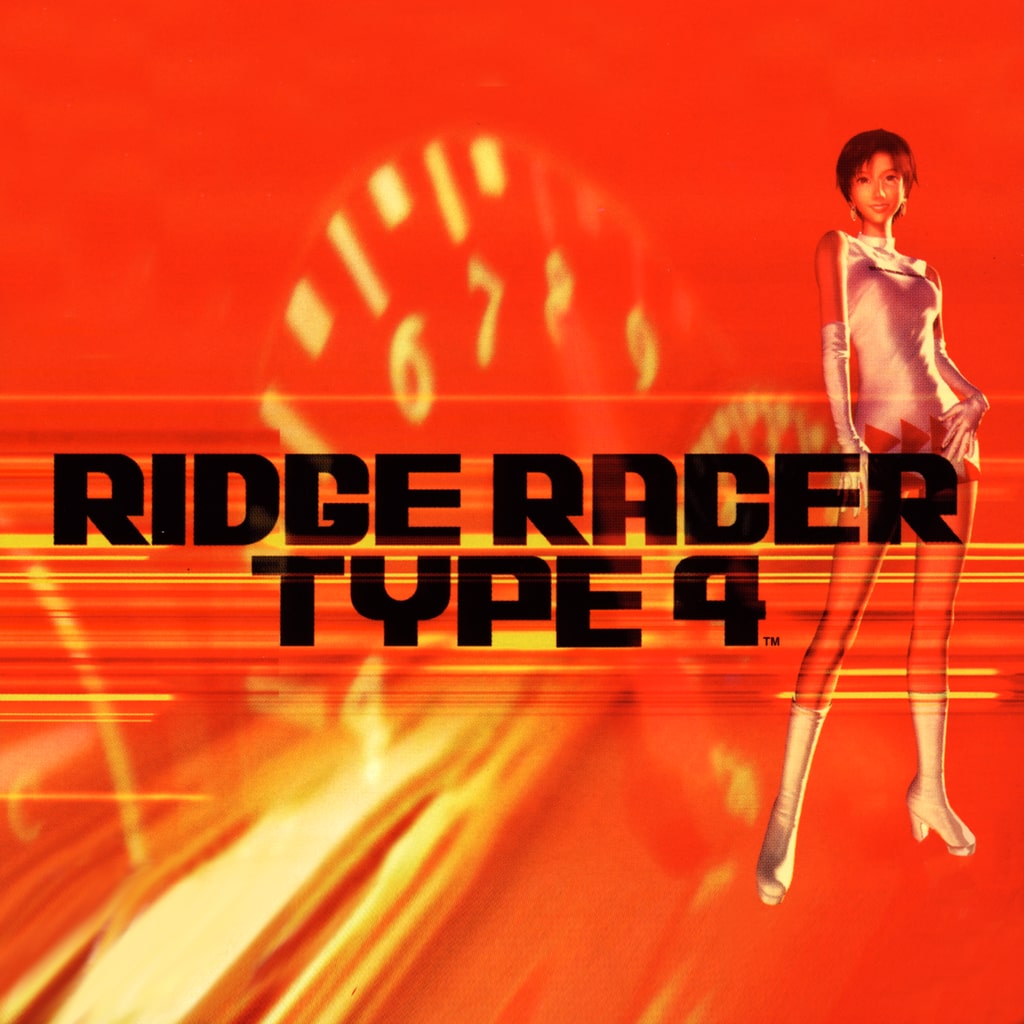
PlayStation 2
The PS2 was arguably the most successful and era-defining console ever made, even rivaling that of the Nintendo and Wii. It brought DVDs into homes everywhere, and, at the time, the graphical leaps were beyond anything anyone could have expected. Sadly, the offerings of PS2 classics on the service are limited, and while there are some certified bangers available, inlcuding the cult classics below, I wish Sony would offer more diverse games in the future.
Jak II: Renegade
A sequel to Jak and Daxter, Jak II went a little too hard on the edgyness of the early 2000s for my tastes, but there's no denying it also upped the ante on everything the original delivered. The platforming is near perfect, the characters just as funny, and the story is still one of the best in the genre. The entire Jak trilogy is available on the Premium tier and is an easy recommendation for anyone who loves the genre.
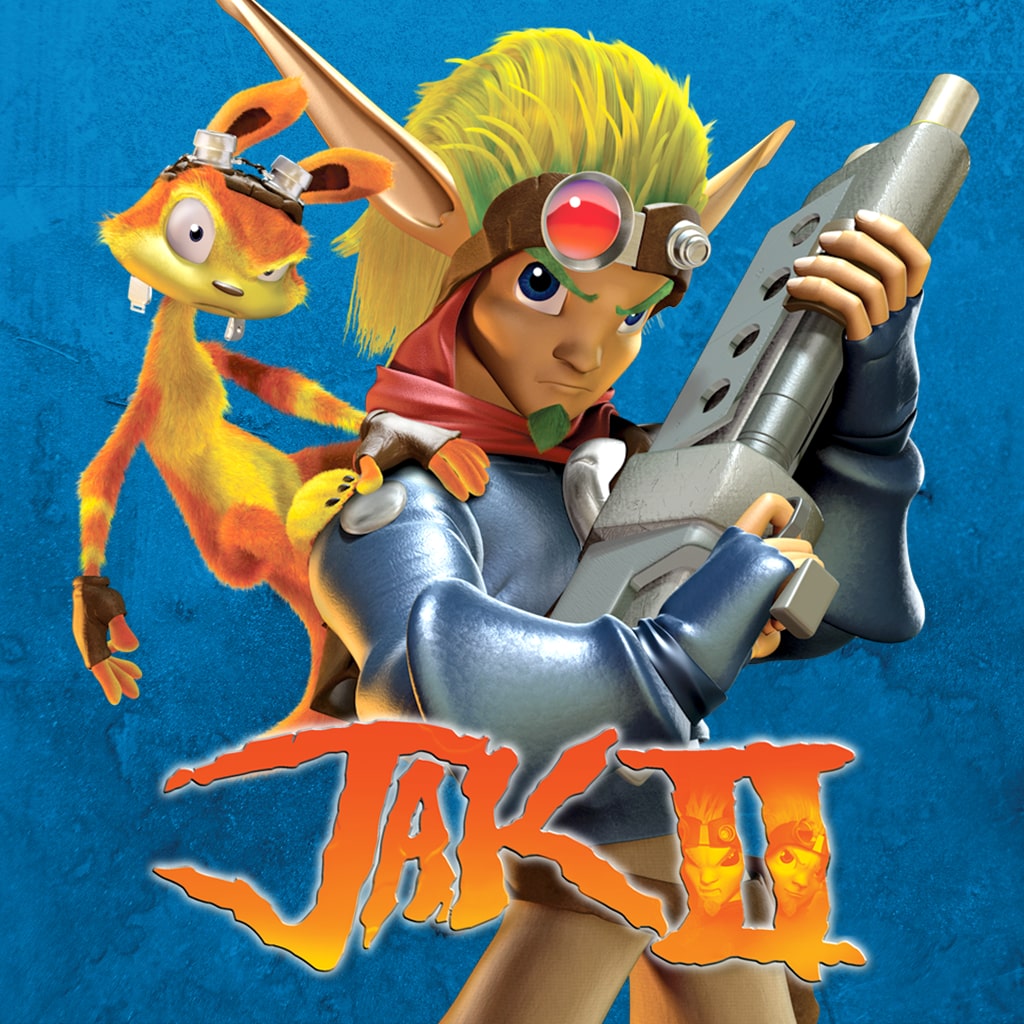
Dark Chronicle
Another sequel, this time to Dark Cloud, which was an early PS2 favorite, but suffered from convoluted mechanics and iffy controls. The sequel, however, fixes all that, and delivers over 100 hours of solid RPG goodness, complete with time travel shenanigans, surprisingly engaging hack and slash combat, and a visual style that is as vibrant today as it was over 25 years ago.
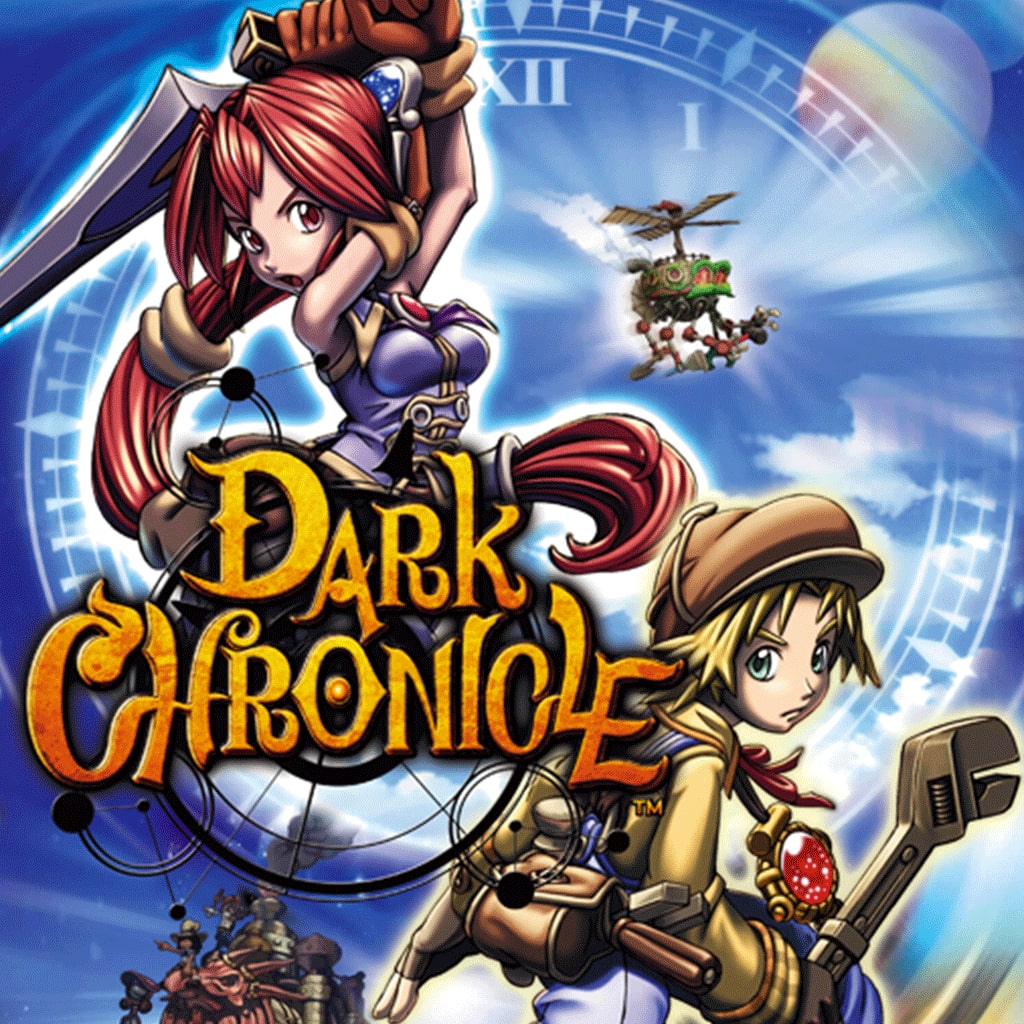
Ghosthunter
This is way more of an acquired taste, and it's hard to claim that it's some lost classic. Even when released, Ghosthunter received middling reviews, but it's one of those comfort games that I enjoyed greatly in my very early tweens. Imagine a mix between James Bond and Ghostbusters, and you get the idea of the high concept shenanigans that Ghosthunter aims for. The graphics are dated, the controls are iffy, but it's got so much charm from sheer hutzpah alone that I'd argue it's worth a try. After all, that's exactly what game conservation is all about!
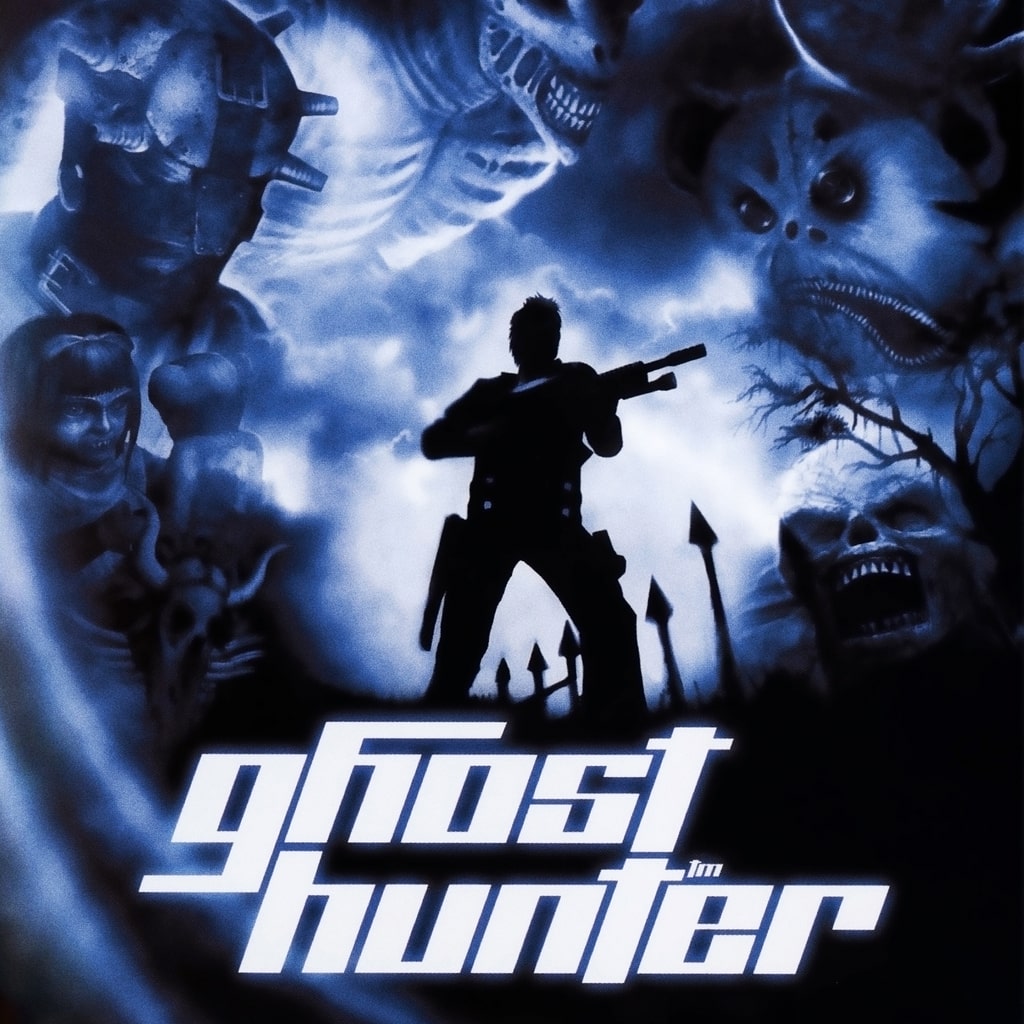
PlayStation Portable (PSP)
The PlayStation Portable (PSP) is, to my mind, one of the most underrated and superlative handheld consoles ever created. It was so ahead of its time – and hampered by some dumb choices like propretiary SD cards – that it just couldn't find a foothold when released. That said, if Sony ever wanted to try again, I would be first in line to buy one.
LocoRoco Remastered
This delightful and wholesome puzzle platformer is just as fun today as it was back in the early 2000s. You control a colorful blob who takes the shape of its container, as you set off on an adventure to defeat the bad guys and save your friends. It's all very wild, very weird, and the soundtrack is as addictive as ever. The new remaster is great, too, featuring a wealth of updates that make the experience even better. This is a classic for a reason.
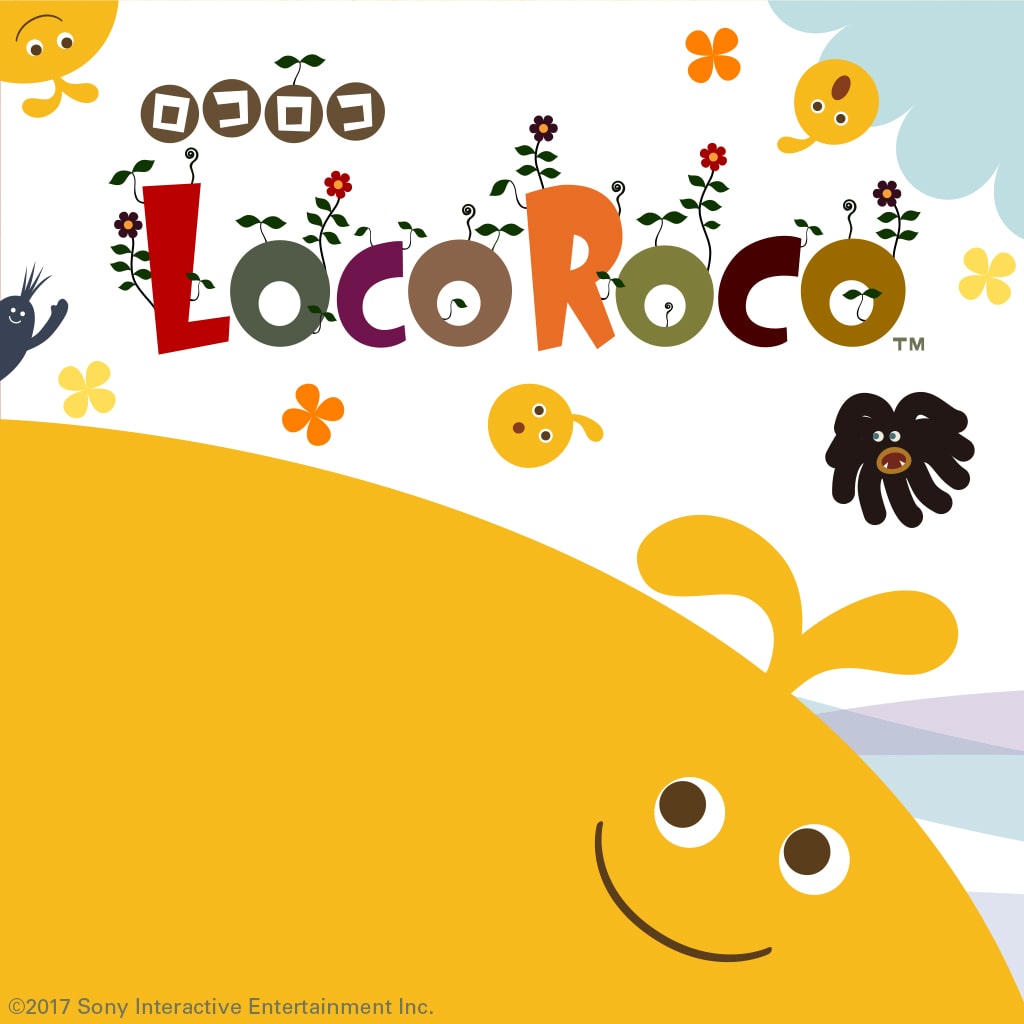
Jeanne d'Arc
At the risk of a deep cut, Jeanne d'Arc deserves a nomination simply because it was so overlooked at the time. This is another Level-5 designed title – which happily saw a re-release for the PS4 in 2024 – that combines historical epics with fantasy elements as you play through the story of the history Joanne of Arc during the Hundred Years' War. It's part Final Fantasy Tactics, part Suikoden, and despite limitations of the time, it still stands up well thanks to great game design and fantastic music. This was the kind of game that was best suited for the PSP, and after the console died, I'd argue we've never had as many titles that try to innovate the genre as we did back then.
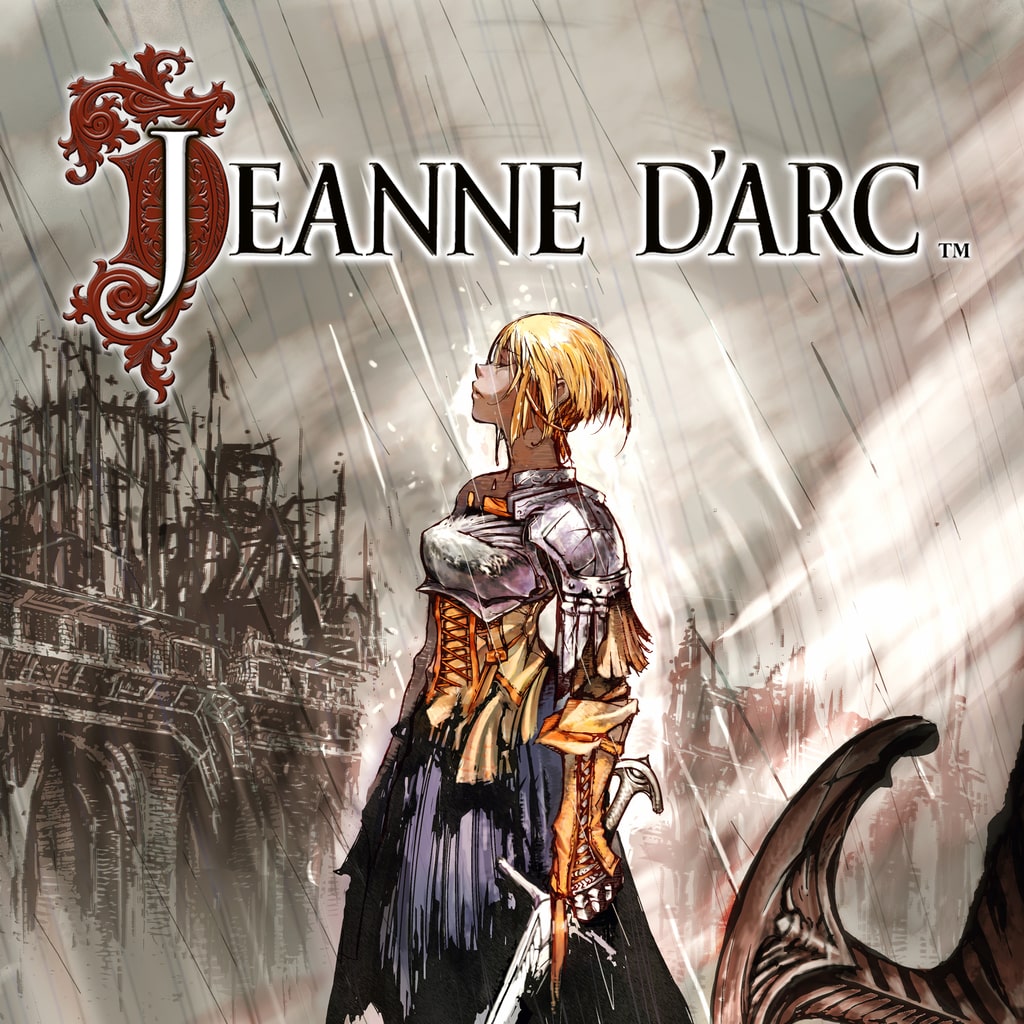
Super Stardust Portable
A Finnish classic that heralded the coming of Housemarque as a major talent to look out for. Today, Housemarque is a PlayStation veteran with numerous classics to their name, yet there's something about Stardust that still resonates to this day. It's a super simple shooter, where a single ship fights against asteroids in a 3D sphere. The omnidirectional movement is super tight, the difficulty accessible though often brutal, and the high-energy soundtrack is as good as ever. At the time, it was a definitive PSP title to own thanks to its pick-up-and-play nature. Today, it's a brilliant piece of history to see where Housemarque got its start and built a foundation for their lineup of expertly crafted shooters.
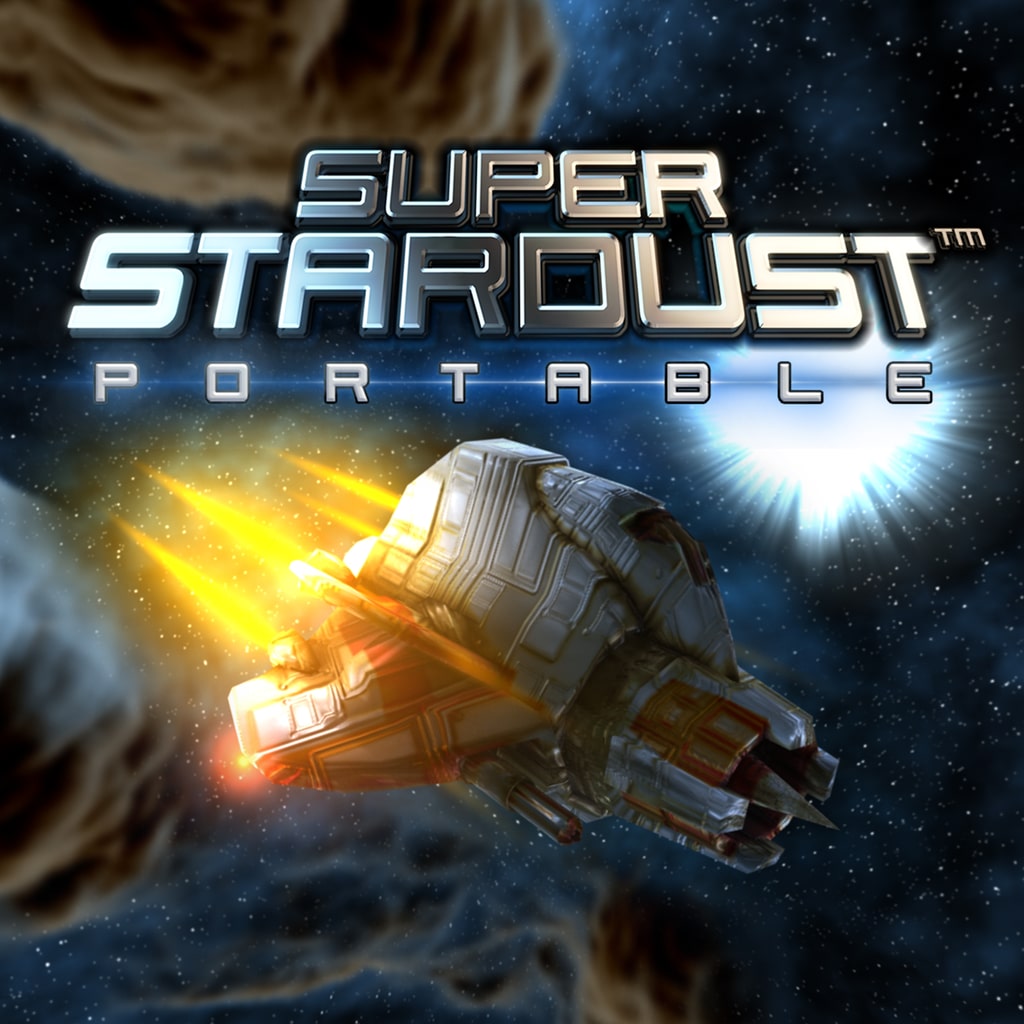
Bang for the buck
Despite my hesitations with the service – I'm a diehard believer in physical media ownership – there's no question that for those who just want a single, one-stop-shop for everything, that the Premium Tier subscription is more than worth the cost.
Look at this way: a single AAA title released on the PS5 is around 70-80 Euros today digitally. If you play even two mainstream releases a year when they launch, the subscription will have paid for itself. In that regard, it's hard to argue with the value.
The downsides are notable, though, even if those who've thrown their lot in the digital realm probably won't care. You will need an active subscription to play the games, meaning you won't own anything. If you want to revisit a title in the future and no longer pay for the premium tier, you'll have to rebuy it. Granted, there's a chance that by then the price will have gone down due to sales, but it's not a guarantee.
Similarly, the library changes all the time, meaning that you'll sometimes be rushed to complete a game before it disappers due to licensing. There's also such a wealth of options that it's possible to miss out on titles because of a lack of curation. While Sony has amped up their work on this regard (The PS Plus Blog is a great source of ideas on what to play), it still lacks proper curated content to highlight everything there is on the platform.
There's also the case of PS3 gaming, which is still just streaming only. This is due to the CELL architecture that console was built on. Emulation for it is still in its infancy, and that's unlikely to change any time soon. For whatever reason, the PlayStation 3 is almost impossible to replicate even on advanced hardware.
So, you'll have to make do with streamed titles that work mostly fine, though you can clearly tell there are latency issues. I tested out Castlevania: Lords of Shadow, as it's one of my favorite games of all time and hard to find these days, and the results were mixed. This was never a solid release, and the PS3 version suffered from some truly dismal frame rates. Those are replicated perfectly, but now with some added latency from the streaming, which resulted in an odd gameplay experience that I couldn't stick with for long.
Granted, other titles fare much better, and it is still nice that they're included in the roster. It might be a pipe dream to wish for these to finally get the emulation they deserve – maybe even off the original blu-ray discs they were printed on – but one has to hold out for hope.
For now, it's hard to argue that the PlayStation Plus service isn't an essential deal, especially if you're someone still figuring out what to play on the vast ecosystem. It delivers essential gaming at a surprisingly acceptable cost when you consider offerings, and the retro conservation is still the best we've got from any competitor.
If you have a PlayStation, it's hard to argue against having a PS Plus subscription.
If you play even two mainstream releases a year when they launch, the subscription will have paid for itself. In that regard, it's hard to argue with the value.

